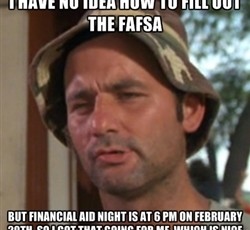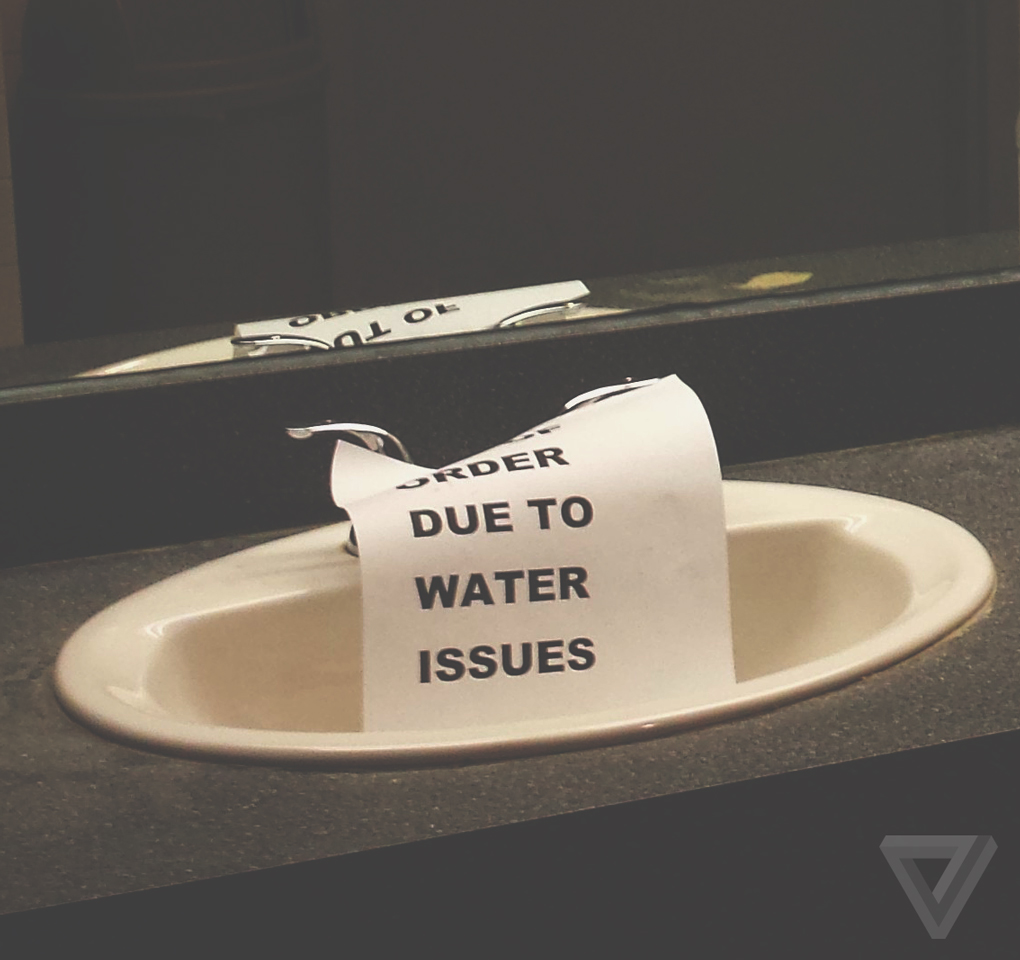This article was written by me and originally posted on The EvoLLLution
The Promise
Many young men and women signed up for the military with a promise of access to educational benefits during their active duty and when they became veterans.
The Challenge
Having served as a military liaison for several institutions, I understand the complexity and frustration of trying to navigate the multitude of benefits programs when it actually comes time to enroll. Compounding the problem is the inconsistency with which colleges and universities award credit for both military-specific training and prior college courses.
Finding a Solution
 This month, more than 100 stakeholders gathered in Arlington, VA to discuss how to help servicemembers engage and navigate the college application and acceptance process. Giving veterans a jump-start on their college careers and a well-defined path will increase their recruitment, retention and graduation rates.
This month, more than 100 stakeholders gathered in Arlington, VA to discuss how to help servicemembers engage and navigate the college application and acceptance process. Giving veterans a jump-start on their college careers and a well-defined path will increase their recruitment, retention and graduation rates.
Much of the information talked about in the education circles, however, never makes it to the veterans who wish to attend college.
Having worked with the Coast Guard and National Guard, I was familiar with a software program many education officers used to capitalize on the SOC agreements and the college credit military members can receive for their professional training to shorten the time to and cost for the degree. What makes this service different is it offers unbiased, institution-agnostic counseling that looks at any previous college credits, military and corporate training and prior learning to provide a list of options for the student based on the degree they seek. This can literally save the student years of college and thousands of dollars in tuition.
You can find out more about this program at www. collegecreditprograms.com
Want to know more? Read my complete article on this subject at The EvoLLLution.
Photo by Roy Cox/Courtesy of University of Maryland University College



 We all know the
We all know the 
 The government just released the new amount for Pell Grants next year – $5,730.
The government just released the new amount for Pell Grants next year – $5,730.

